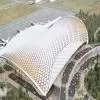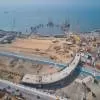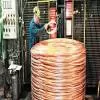Every project could have a mandatory quality assurance plan

We aim for 20% growth, targeting a turnover of Rs 12 billion
West Bengal-based EPC firm Rahee Infratech has been instrumental in landmark projects such as the Char Dham Rail Link Project, Udhampur-Srinagar-Baramulla railway link, Chenab Bridge and Jiribam-Imphal railway line. The company has completed 105 major railway bridges and constructed over 280 km of ballastless tracks for railways and metros. Also, the company won the 2nd Fastest Growing Construction Company Award in the Small Category at the CONSTRUCTION WORLD GLOBAL AWARDS 2024, held in Mumbai. Pradeep Khaitan, Chairman & Managing Director, shares more about the company, its proj..
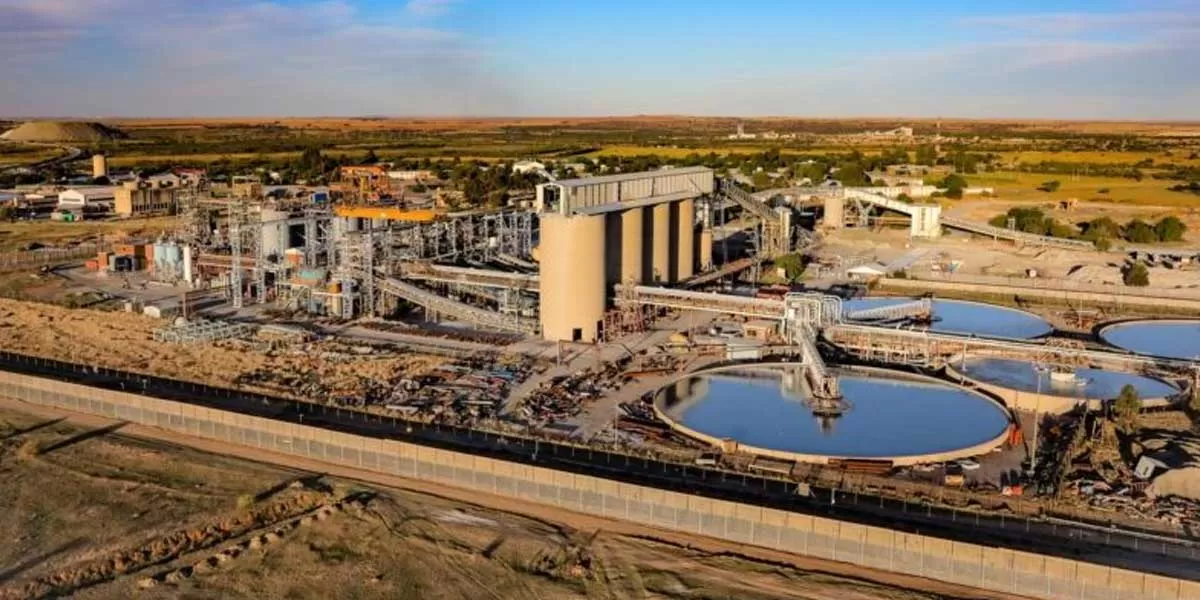
Rs 425.32 Billion Lithium Refinery to Launch in Nagpur in 2025
Nagpur is set to host India’s first lithium refinery and battery manufacturing facility, backed by an investment of Rs 425.32 billion, according to an official release on Saturday. The Maharashtra government signed an agreement with Vardhaan Lithium (I) Pvt. Ltd at Davos, Switzerland, to establish the state-of-the-art refinery in Butibori, Nagpur. Vardhaan Lithium stated that the project marks a transformative milestone for India's energy and industrial sectors. The refinery aims to reduce India’s reliance on lithium imports by creating a robust domestic supply chain and strengthening..
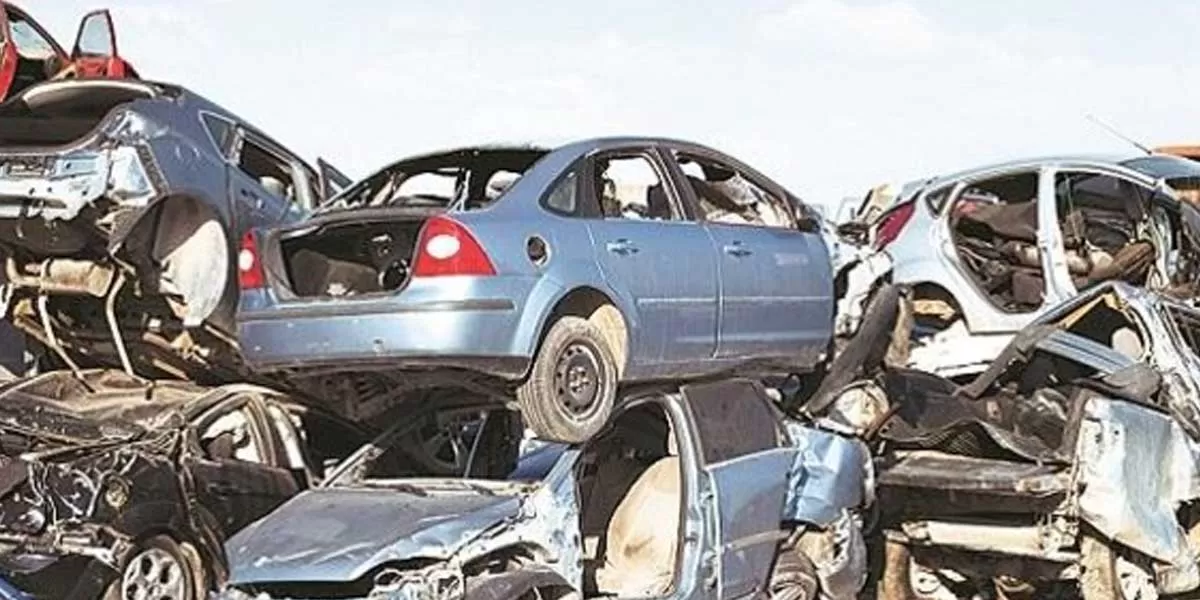
Government Offers More Incentives for Scrapping BS-II, Older Vehicles
In a bid to phase out high-polluting vehicles, the Ministry of Road Transport and Highways (MoRTH) has proposed doubling the rebate on Motor Vehicle tax to 50% for individuals purchasing new vehicles after scrapping BS-II or earlier emission standard vehicles. Currently, the rebate stands at 25% for personal vehicles and 15% for commercial vehicles. According to the draft notification issued on January 24, the enhanced 50% rebate will apply to all vehicles, both personal and commercial, that comply with BS-I standards or were manufactured before the introduction of Bharat Stage (BS) norms..







